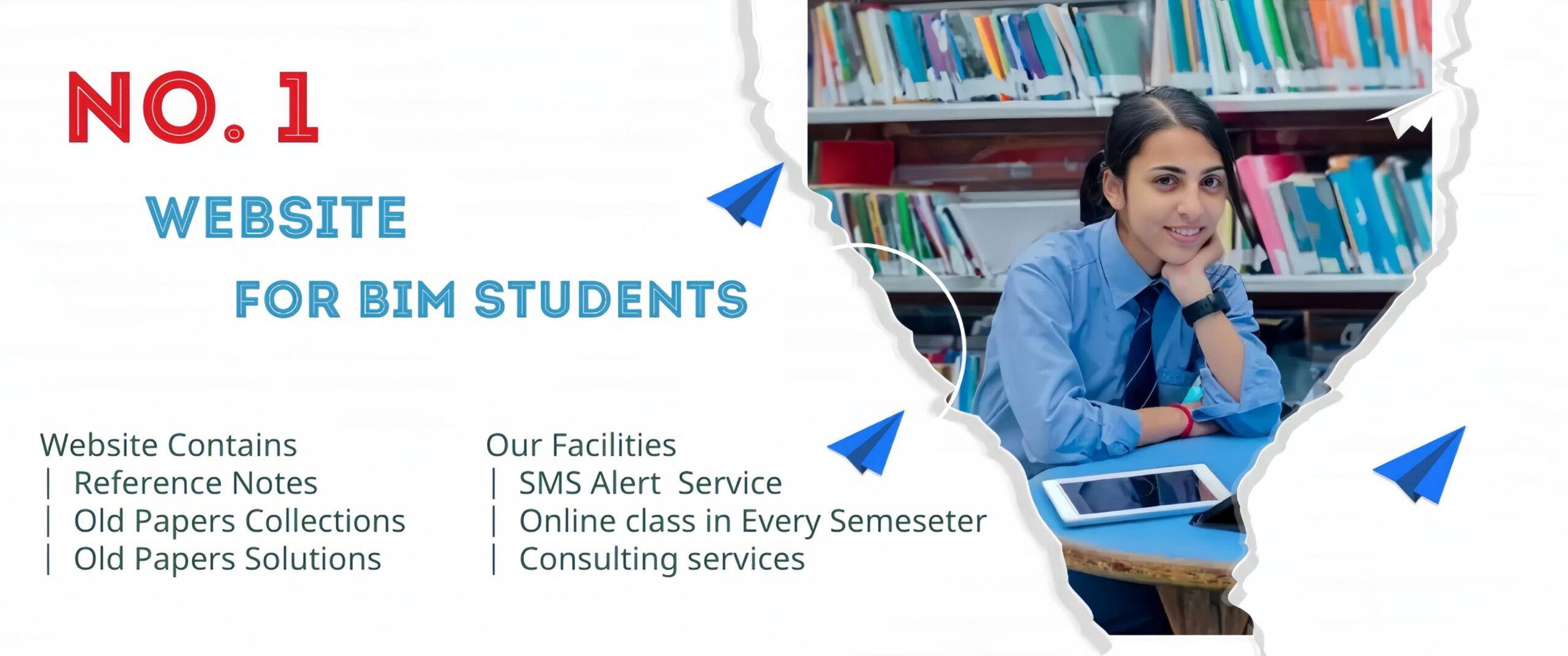Parts of a Formal Report
- A formal reports manuscript format and impersonal tone convey an impression of professionalism.
- A format report can be either short (fewer than 10 pages) or long (10 pages or more).
- It is informational or analytical, direct or indirect. It may be targeted to readers inside or outside the organization
Contents of reports
There are three basic divisions of a formal report:
- Prefatory Parts
- Text Parts
- Supplementary Parts
1. Prefatory Parts are:
a) Cover
Use a cover only for long reports. Use a sturdy, plain, light cardboard with good page fasteners.With the cover on, the open pages should remain flat. Center the report title and your name four or five inches from the upper edge.
b) Title Fly
It is a plain sheet of paper with the title of the report on it.
c) Title Page
- The title of the report
- The name, title and address of the person group that authorized the report prepared for submitted to
- The name, title and address of the person, group etc that prepared the report, prepared by, submitted by
- The date on which the report was submitted
The title page signals the readers by giving the report title, author’s name, name of person or organization to whom the report is addressed, and date of submission. Choose title information but not long, A Report of, A Study of, or A Survey of
- Your title promises what your report will deliver by stating the report’s purpose and content.
- A title in order to be effective must be clear, accurate, comprehensive, specific, concise and appropriately phrases.
Place of Title Page Items
Do not number your title page, but count it as page (I) of your prefatory pages. Centre the title horizontally on the page, three to four inches below the upper edge, using all capital letters. If the title is longer than six or eight words, centre it on two or more lines.
Letter of Authorization and Letter of Acceptance
If you received written authorization (a litter or memo) you may want to include. It usually has direct request plan. Letter of Acceptance (or memo of acceptance) acknowledges the assignment. It follows good- news plan confirming time and money restriction and other pertinent detail. This letter is rarely included in report
Letter of Transmittal (or memo of transmittal)
It conveys your report to the audience. It says what you’d say if you were handing the report to the person who authorized you. It has less formal tone.
Depending on the situation, your letter might:
- Acknowledge those who helped with the report
- Refer readers to sections of special interest
- Discuss the need and approaches for follow-up investigations
- Suggest some special uses of the information
- Urge the reader to take immediate action
- Use good news plan
d) Table of Contents
This table outlines the text and list Prefatory Parts
- List preliminary items (transmittal letter, abstract) in your table of contents, numbering the pages with small roman numerals. (List items that appear at the end of the report, such as glossary, appendix, notes and bibliography section; number these pages with Arabic numerals, continuing the page sequence of the report proper, where page no. 1ist the first page of your report text.
- Include no heading in the table of contents not listed as headings or subheadings in the report; your report text may, however, contain certain sub-headings.
- Use different types of styles and indentations to show the various levels of heads.
e) Synopsis or Executive Summary
A synopsis is a brief overview (one page or less) of report’s most important point. It is also called abstract. Executive summary is a fully developed mini version of the report and is comprehensive.
- Make your summary able to stand alone in meaning a mini-report.
- Make it intelligible to the general reader. Readers of summaries will vary widely in expertise, perhaps much more than those who read the report itself. So translate all technical data into plain English.
- Add no new information. Simply summarize the report
- Stick to the order of your report
- Emphasize only major points.
2) Text of the Report
a) Introduction
It has a number of functions and covers a wide variety of topics and helps the reader follow and understands information.
b) Body
The section contain information that supports conclusion and recommendation as well as analysis, logic, interpretation of the information.
c) Closing
You summarize the main idea of your report highlighting your conclusion or recommendation and list any course of action. In long report this section may be labeled Summary, Conclusion & Recommendation
3) Supplementary Parts
a) Appendix/Appendixes
They contain material related to the report but not included in the text because they were lengthy
or not directly relevant.They include:
- Statistics or measurements
- Maps
- Complex formulas
- Long quotations
- Photographs
- Related correspondence (letters of inquiry etc.)
- Texts of law, regulations etc.
b) Bibliography
A bibliography is a list of source materials on a particular subject. In a formal report it shows what books and other library materials were consulted and it includes all the works mentioned in the footnotes. As part of the reference matter, it follows the appendix or appendices.
c) index
An index is an alphabetical list of names, places and subjects mentioned in the report, along with the page on which they occur. They are rarely included in unpublished reports.



